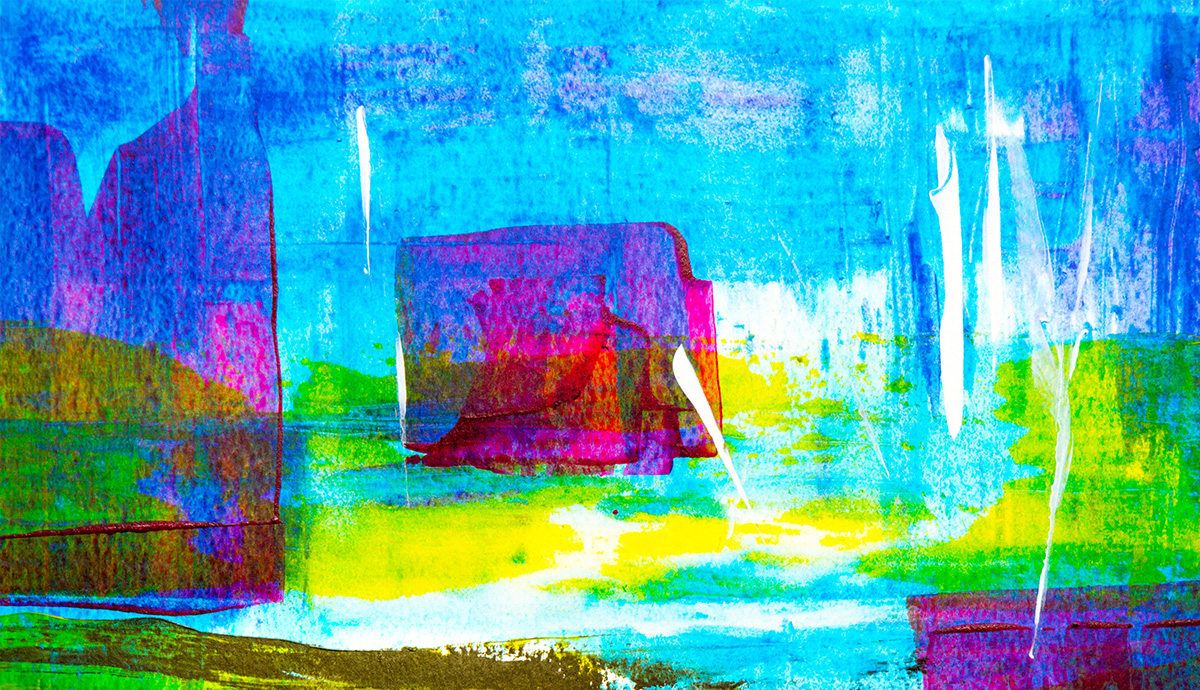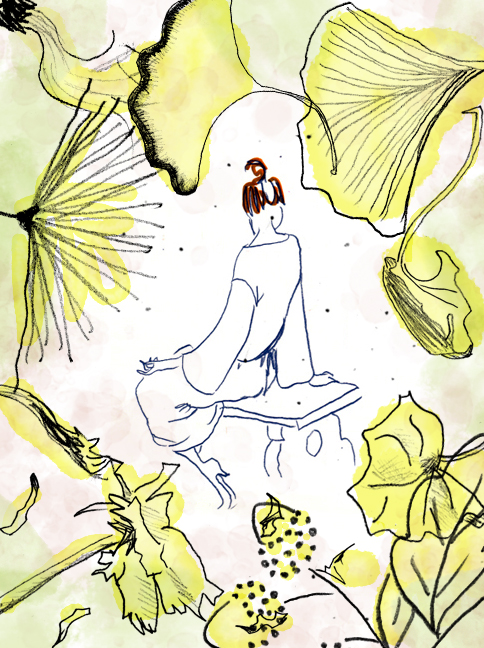Reading for Otherness
Ann and I were staying at a VRBO apartment on the edge of Austin, visiting our daughter, when I picked from the bookshelf there, mildly curious, a paperback copy of Haruki Murakami’s Kafka on the Shore; I remembered having read a review when it first appeared. The title had caught my attention, and kept it even after I realized that there was no direct relation (but a powerful indirect one) to the author of The Trial. Kafka is the chosen alias of the fifteen-year-old Japanese runaway central character, to hide his identity, and also the name of a figure in a picture painted before he was born. But the world of the novel is one in which a man might well turn into a man-sized beetle—or, as in Murakami’s story “Samsa in Love,” vice-versa.
I don’t normally read in long sessions; my eyes tire from an old muscle imbalance, surgically corrected long ago, but returning as I age. I had only a few days—active ones, with visits to Barton Springs or excursions in the Hill Country planned—to read Kafka on the Shore unless I meant to just take it, or find a copy at home to finish with. But I couldn’t put it down. And I had no idea why. I had gone off science fiction and fantasy, cold turkey, in high school, after James Agee’s A Death in the Family changed my reading life, and in Kafka on the Shore there was a man (or creature) with the name and appearance of Johnnie Walker (of whiskey fame), who must gather and kill cats, cut out their hearts, and eat them, still beating, in order to make of their souls some kind of flute, which would give him enormous power to do evil. Got that? Murakami, often touted for the Nobel, is internationally famous, but I knew nothing about him. I knew I wasn’t reading genre fantasy or sci-fi, but what the hell was I reading? I had, and still have, no category for it. But I was determined to finish the book before we left, and with the help of some indulgence from Ann and Elizabeth, I did.
When I got home, I went looking for more, and read it just as eagerly. I’ve read all the Murakami novels in the university library with an intense absorption that I don’t experience anywhere else. Since childhood, no book has ever had me so on edge, so desperately concerned for the fate of the central characters, so relieved by their survival, as 1Q84, his latest at this writing. Re-reading Kafka on the Shore three or four years later, for this essay, I’ve found that I could remember almost nothing of it, and read it even more hungrily than the first time, eager to find out (again) what happens. There is some pleasure in this, and probably some escape in the sense that all reading takes us out of the moment and the place in which we’re reading, but neither pleasure nor escape names the experience. And though I still read mostly what I hope will serve my writing, Murakami is as far from it as any reading I can imagine.
And this, I’ve concluded, is the point: that I turn to Murakami for his sheer and utter otherness. I don’t mean the otherness of Japanese culture, of which I’m ignorant; Murakami and his characters have international and urban sensibilities, and the novels, though they take place in Japan among Japanese characters, are studded with European and American referents. What has drawn me in is a literary otherness particular to Murakami: He is the one writer of whom I can say that I have really no idea what he thinks he’s doing, or why, and I like it that way. If there is some genre I’m unaware of that puts him into a context, links him to other writers or makes ordinary sense of him, I don’t want to know. In Kafka’s strange fate there’s an explicit parallel to the fate of Oedipus, but going down that path would only lead me to familiar territory, and that’s the last thing I want.
It may be that for those of us who write—especially if we teach literature or writing and risk talking them to death—only something so completely other that we wouldn’t think of putting it to work on the syllabus or in our reading minds could free us to immerse ourselves in it and be there—in the book—now. Perhaps it’s a special kind of meditation, emptying the reading mind of its ulterior motives. It won’t give us ideas for the next story or novel we try to write, but I’m convinced that it’s good for the self that does the writing. Maybe it returns us to what we felt as kids reading books like Treasure Island, when our worlds were still very small, and everything we read for pleasure was rich and strange.
Eric Torgersen has published six books and chapbooks of poetry, two of fiction, and a full-length study of Rainer Maria Rilke and Paula Modersohn-Becker. He also translates German poetry, especially that of Rainer Maria Rilke and Nicolas Born. He has a BA in German Literature from Cornell University; after two years in the Peace Corps in Ethiopia, he earned an MFA in poetry from the University of Iowa. He retired in the spring of 2008 after 38 years of teaching writing at Central Michigan University. He lives in Mt. Pleasant, Michigan with his wife, the quilt artist Ann Kowaleski. He’s available for workshops and readings. Eric is featured in issue 294.3-4, May-August 2009.
Recommended
Nor’easter
Post-Op Appointment With My Father
Cedar Valley Youth Poet Laureate | Fall 2024 Workshop






